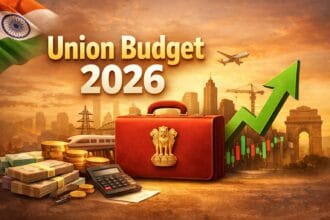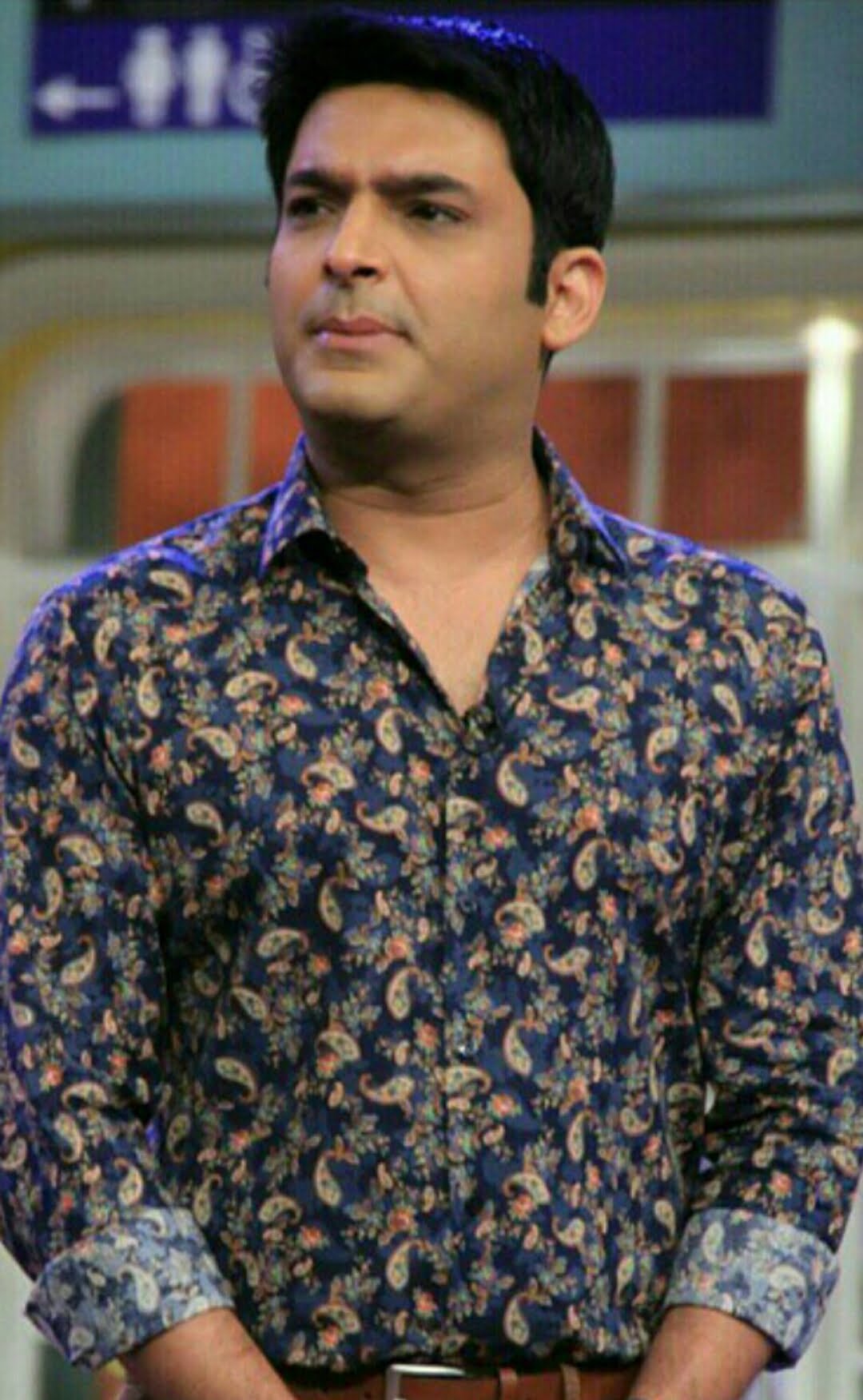
English is not necessary to become successful.
Different religions and languages have coexisted in India. Each language is significant in its geographical area. Since people could not adapt to all the languages of India, Hindi became the official language. Then there is the matter of why English is seen as such an important language in India.
What role has English had in bridging the communication gap?
Why is it that our parents prioritize sending their children to an English medium school?
Why is employment not available to those who are unable to communicate in English during their academic sessions?
Do you believe that knowing English is essential for success?
A generation that has been transformed has dramatically manifested itself. Ten years ago, hardly everyone spoke English fluently. As technology becomes more significant, we are seeing a steady shift in the way we communicate.
On a global scale, people are integrating. The internet is used for trading and business. People that meet on the internet and business process outsourcing organizations that engage with counterparts all communicate in the same language: English. This is how English becomes the dominant language in our country.
We presume that living in a metropolis comes with specific requirements. Carrying a smartphone, using social media, and communicating in English have all become part of the urban lifestyle.
English has seen a significant transformation in recent years. If a child does not speak the language, he or she will be denied admittance to school. Priority is given to students who are learning English as a second language. Only English-speaking candidates are hired by BPOs.
However, when we look at the academic records of our country, we can see that children from rural areas are way ahead in terms of brainpower, knowledge, and intelligence. Still, they are unable to succeed due to a lack of opportunity. But, more crucially, they have a major disadvantage in that they do not speak English with fluency, which can lead to a stumbling career.
We have progressed so far in technology that we have lost the effulgence of our national language. If someone wants to be an MBA, the first thing that comes to mind is whether or not they have a solid grasp of the English language.
Students have grown more selective and channeled as a result of education. Our national language is becoming outmoded in the world of learning, evaluation, and an ever-increasing series of setbacks and surprises.
Language is the only way to learn, while English is merely a tool. Any language can be used to learn. Every indicial has some distinct attributes that enable her or him to reach greatness, and it is up to her or him to learn what she or he is learning rather than how she or he is learning it.
And the truth is that not everyone successful is fluent in English.
Remember when we witnessed Sridevi’s character with the language in English Vinglish. Since English is not our first language, we found it offensive when her husband and daughter mocked her for not understanding it. Her talent was cooking, and she was a self-employed businesswoman. Even her expertise had nothing to do with the language she spoke, she learned it nonetheless.
She learns the language to boost her self-esteem rather than to avoid being mocked. Her character attempted to emphasize that speaking a certain language does not increase one’s worth; rather it is a choice.
Here are six successful people who rose through the ranks despite not speaking English. Some picked it up along the way, while some still prefer to communicate in their native tongue, demonstrating that knowing English is not a prerequisite for success.
- Narendra Modi
The Prime Minister of our country is from a low-income family and had his primary education in Gujarati and Hindi. He speaks Hindi fluently even though English is not his first language. He is a great orator, and when he speaks in Hindi, he is much better. He speaks English at international conferences as the leader of the country, but it was never a requirement for his election as Prime Minister.
- Kapil Dev
He captained the 1983 World Cup-winning Indian cricket team. “India’s Captain and can’t even speak English,” said a cricket board administrator. Kapil embraced the opportunity and began learning English, something he did not shy away from. He even became a spokesperson for the ‘Rapidex English Speaking Course.’ Even after learning the language, he realised that his cricketing success had little to do with his ability to communicate in English.
- Kangana Ranaut
Kangana Ranaut is one of the most successful actresses today. Bother her looks and her statements make the news. Her path in Bollywood hasn’t been without bumps. Many mocked her accent, but she never gave up. When asked about her early years, she stated, ” I could not speak proper English.” She has improved her English abilities since then, but her success is mostly due to her natural talent.
- Harbhajan Singh
He established his name in Indian cricket at an early age, as an accomplished bowler. He needed to improve his skills as a sportsperson, which he achieved. However, there were immediately disagreements. He had to fly abroad to defend his bowling method, which was a terrible point for him, but it did not stop him. In n interview, he claimed, “I did not even know how to communicate in proper English. I needed to travel to the UK. I was stumped. I was unable to speak to anyone in any way.” He emerged stronger, and he learned what he needed to know without prioritizing the language.
- Nawazuddin Siddiqui
After achieving success with films like Gangs of Wasseypur, Nawazuddin Siddiqui’s troubles became a topic of discussion. The actor has demonstrated that it is your talent, not your looks of linguistic skills, that propels you forward. “I don’t communicate in English at all,” he admitted in a recent interview. However, he does not criticize the wording. He feels that his task as an actor is to perform the part flawlessly, regardless of the language. “If you have a two-three page dialogue in English, I can learn and talk,” he remarked.
- Kapil Sharma
Kapil Sharma rose to fame after winning a reality show on an entertainment channel. He comes from a humble family in Amritsar. Kapil went on to own a production company that created one of the most popular television shows in recent history after sharing off as a reality show participant. With his talent and charm, Kapil has amassed whatever he desires. He has been outspoken about his inability to communicate in English fluently. Indeed, on his show, he openly mocks his poor English. His Micromax commercial was an antidote to the angrezipanti culture, proving that English is not a need for success.





